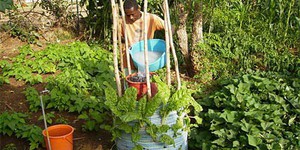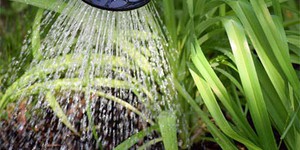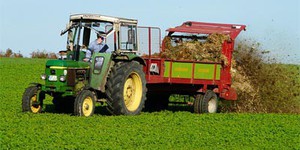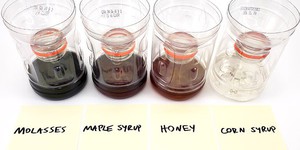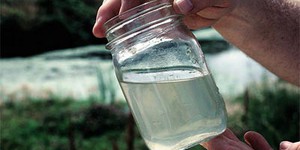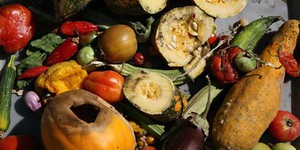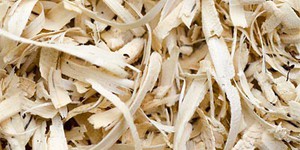Others Like “From Your John to the School Lawn: Is Recycled Water Really Safe?” (top 20 results)
|
One way to conserve water is to find safe ways to use it more than once. Here is a project to test whether greywater (water that has been used for washing or bathing) can be used for watering ornamental plants.
Read more
Visit your local landfill to collect dumping statistics by watching the types of trash people bring to the dump. Identify problem areas and types of waste that are commonly brought to the dump. Propose new uses for common landfill problems like tires, construction materials, plastics, appliances, and computer parts. Measure packaging materials of some common products. Invent ways to reduce the amount of packaging and increase the use of recyclable materials like popcorn or corn-based packing…
Read more
Some plants use a lot of water, and some are very drought-tolerant. Drought-tolerant grasses are good for water conservation because they require less water to grow and stay green. How much less water do they need? Which types of grass are drought-tolerant? You can buy different types or brands of grass seed at your nursery that claim to be drought-tolerant. Grow them in a container and then starve for water after they are established. Which brands die out first? You can conduct a similar…
Read more
Many people routinely use fertilizer for crops, gardens, and lawns. What people don't know is that each time they apply fertilizer, the fertilizer seeps through the soil into the water table. This can eventually lead to the contamination of a local water source, like a stream, pond, lake, bay, or ocean. This is an especially big problem for agricultural practices that frequently use large amounts of fertilizer on fields that are connected by irrigation channels. The run-off of fertilizer…
Read more
Do you really catch more flies with honey than with vinegar? Do an experiment to find out! Watch the video above to learn how to make a simple homemade fly trap using a plastic bottle. Then, experiment to discover which bait attracts the most flies. You can try a variety of liquids, and you can also use solid bait like rotting food or meat, but you will need to add some water so the flies drown. A drop of soap can help break the surface tension of the water, making it easier for the flies to…
Read more
It is important to ensure that we all have good clean water to drink that is not contaminated by heavy metals or chemicals. One common pollutant in a water supply is lead in old pipes or paints that can leach into the water and cause lead poisoning. There are different kits available for testing the presence of lead and other contaminants in water. Test your water supply, and also the water in some local ponds, lakes or streams. The same contaminants that can harm you can also harm wildlife. …
Read more
Divide a part of your garden into two equal plots, with each plot receiving equal amounts of sun. Cover one plot with two inches of organic mulch, such as compost or ground bark. Leave the other plot uncovered. Use the same amount of water for each plot for two or three weeks. At the beginning of the experiment, and at one-week intervals, dig down and check the soil in each plot for moisture content. Which plot holds water better? Which plot shows better plant growth? (McCausland, 2006)
Read more
What happens to the food leftovers in your home? Do they go in the trash? Down the garbage disposal? Or get gobbled up by the family dog? Food leftovers are a type of organic waste, a waste that comes from a plant or animal. Organic waste—like table scraps, agricultural waste, and human and animal waste—is biodegradable. This means, it can be chemically broken down by bacteria, fungi, or other living organisms into very small parts.
Figure 1. This…
Read more
Has your house (or one of your friend's houses) been remodeled recently? Were any improvements made for energy efficiency (solar systems, better insulation, passive solar heating, better lighting)? Compare your family's energy costs for a similar time period before and after the remodeling (remember that energy usage often varies seasonally). Monthly bills often have a bar graph showing energy usage for the previous 12 months. You may also be able to get information on past energy usage…
Read more
Our forests are a very important natural resource that need to be managed wisely. We use wood products for many different purposes: building materials, paper, cardboard, furniture, fuel, etc. How can we use wood products in a sustainable manner? You can do experiments that examine the growth time of different tree species to see which are good candidates for tree farming. Which types of lumber are most sustainable? You can also compare the effects of clear cutting vs. thinning a forested…
Read more
|
Explore Our Science Videos
3D Printing with Sand and Glue (no 3D printer required!)
How to Measure Light with Google's Science Journal App
Build a Wind-Powered Car


